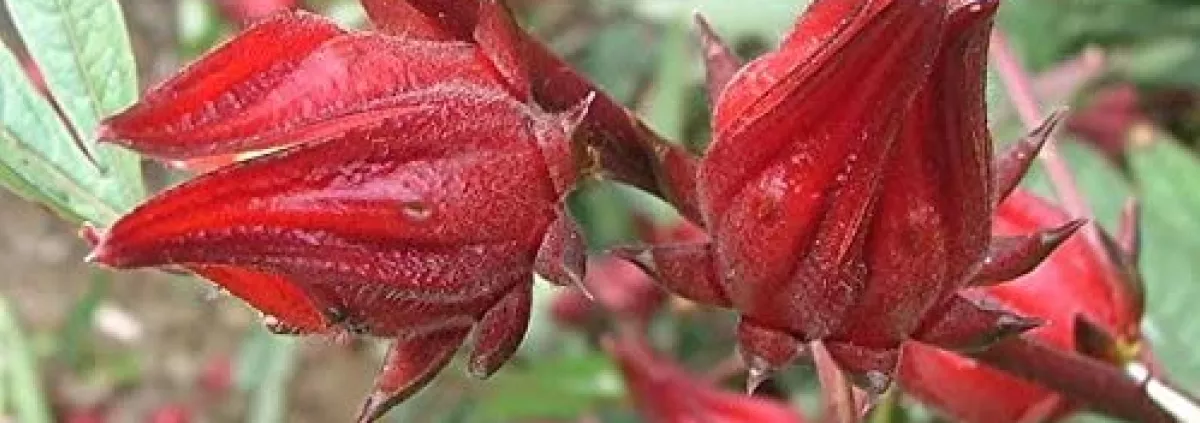Abstract
Objectives: To assess the use of Hibiscus sabdariffa (HS), known as karkade in Jordan, in cases of uncontrolled hypertension, either with or without medication, as validated by several clinical trials.
Design: A multicentric pilot clinical study.
Location: Outside a refugee camp in Jordan.
Subjects: Thirty-eight participants with blood pressure (BP) above 140/90mmHg consumed H. sabdariffa tea.
Intervention: Consumption of karkade tea containing 10 g of HS/0.5 L daily. This dosage was increased to 15 g of HS/1 L and to 20 g of HS/1 L during the second and third weeks, respectively, if their BP was still high. Outcome measurements: The primary outcome measurement was blood measurement taken once a week. Secondary outcome measurements were satisfaction, possible side effects, and interactions with other medications.
Results: Of the 38 participants, 29 finished the program, 72% of whom were taking antihypertensive medication due to uncontrolled hypertension and 28% of whom were not. H. sabdariffa was generally well tolerated: 38% of participants reached the target BP at the end of the study and 65% saw their systolic BP decrease by at least 10 mmHg.
Conclusion: H. sabdariffa (karkade) is generally well tolerated and seems to be helpful in treating uncontrolled hypertension, with or without medication.
Al-Anbaki M, Nogueira RC, Cavin AL, Al-Hadid M, Al-Ajlouni I, Shuhaiber L, Graz B. Treating Uncontrolled Hypertension with Hibiscus sabdariffa When Standard Treatment Is Insufficient: Pilot Intervention. J Altern Complement Med. 2019 Dec;25(12):1200-1205. doi: 10.1089/acm.2019.0220. Epub 2019 Oct 10. PMID: 31599646.

Please log in or sign up to comment.